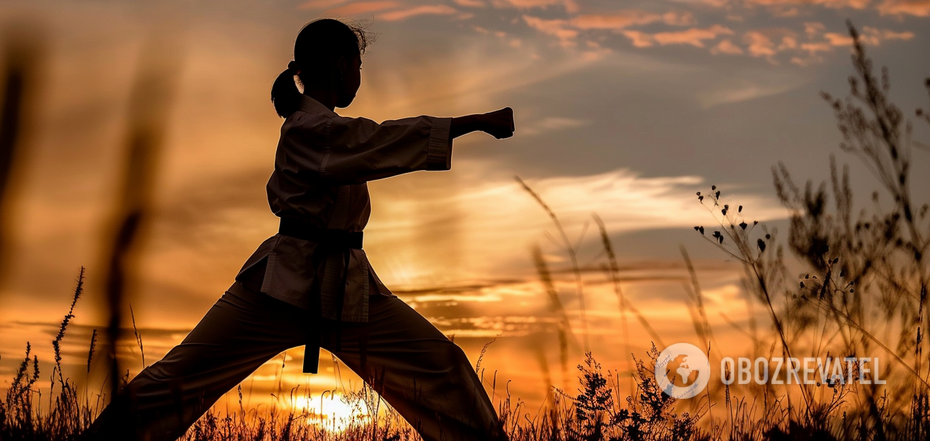Life
Why karate was forbidden in the USSR: you could even be imprisoned
Karate is one of the most popular sports today: there are many children's clubs, sports organizations, competitions, and tournaments. However, few people know that during a certain period of the Soviet era, karate was banned, even resulting in prison sentences for coaches and karateka.
Martial arts were popular in the USSR, but the authorities did not like it. Why karate was banned in the USSR, read in the OBOZ.UA article.
Karate and the Iron Curtain
In the 1960s and 1970s, a massive craze for martial arts began. Karate penetrated the Iron Curtain gradually: some techniques were shown by students from Asia, and some knowledge was brought by foreign athletes.
The first to legally teach karate in the USSR were Tetsuo Sato, Hashimoto, Ako Tauluev, and Volodymyr Kovaliov. In 1977, the Central School of Karate even appeared, but it was quite difficult to get into the school – the competition was more than 200 people per place. In 1978, the USSR Karate Federation was founded, and in 1980 the first national championship was held in Tashkent.
The ban on karate
And suddenly, as often happened in the USSR, another total ban was announced. This time, karate was "banned".
The situation was quite unexpected – at that time, more than 6 million people were professionally engaged in this sport. In the fall of 1981, Article 219 of the Criminal Code of the RSFSR was amended to include a clause on "Illegal Karate Training." Teaching karate techniques could result in 2 years in prison and a fine.
If a trainer charged students money and the material benefit was recognized as "significant" or if the trainer had already been prosecuted for similar training, he or she could be imprisoned for 5 years with confiscation of property.
There was also a demonstrative trial of a Wushu coach. No one paid attention to the fact that this Chinese gymnastics had nothing to do with karate. Those who practiced martial arts could even be recognized as attempting to overthrow the Soviet government.
What was the reason for the sudden prohibition? There are several versions. According to one, karate became so popular that young people began to leave other sports. This was disadvantageous – the authorities emphasized the need to develop Olympic sports to improve the country's image, and the departure of young people from traditional sports could affect the results of the national team.
The other version had a moral and ideological basis. The cult of Sensei was very unfavorable to Soviet ideology, as the lives of young people were controlled by the state, and Eastern philosophy "could lead to dissent." For example, the authorities were afraid that sensei would start supplying fighters for the criminal world or create cells to change the state system.
Subscribe to OBOZ.UA channels on Telegram and Viber to keep up with the latest events.



























